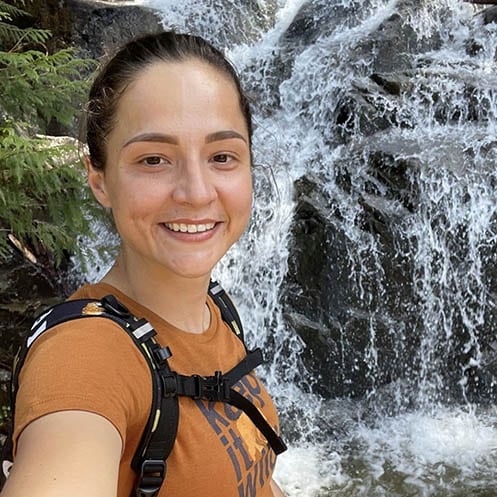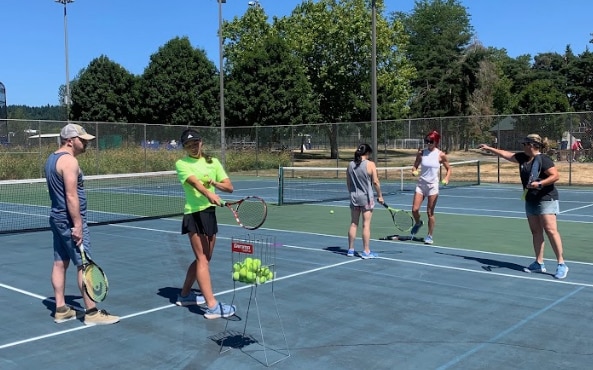-
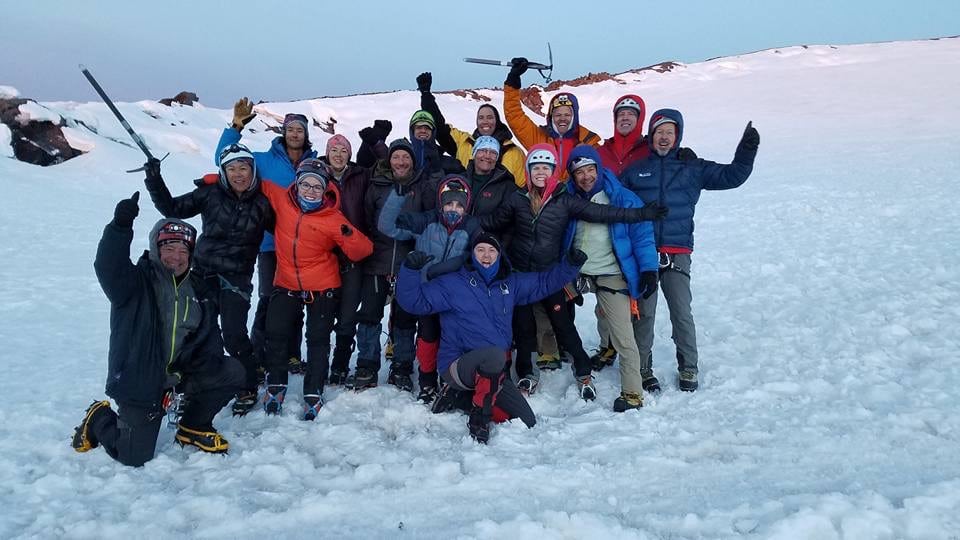
Passing The Torch
Passing The Torch
Today Recovery Beyond is announcing that its Founder and Chair, Mark Ursino, is passing the torch as Board Chair. Mark is confident in the current direction of the organization and will continue to be an enthusiastic supporter and donor. He states, “We have an exceptionally strong Board, we have a clear definition of our purpose and direction. Megan Fisher and Mark Adams have done an excellent job in defining how we develop our new programs, finding partners, and training volunteers…I see Recovery Beyond becoming the first widely successful model in the Northwest for post-treatment, long-term care for people dealing with substance use disorder.” This confidence, in addition to his extensive length of time on the Board, influenced his decision to step away.
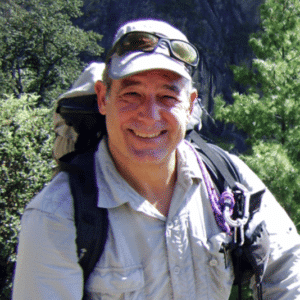
In 2011, Mark began what is now known as Recovery Beyond in partnership with Union Gospel Mission. Together, they turned the dream of summiting Mt. Rainier into a reality with the creation of the Climbing Out Of Homelessness program. This time period continues to hold a special place in Mark’s heart. He shares, “All of my best memories from Recovery Beyond center around the climbing program that started it all. Working with the men and women of the program, teaching them the ways of the mountains, and seeing them grow and develop.” Recovery Beyond Paradigm was created as a nonprofit in 2016 to sustain and broaden the Climbing Out Of Homelessness program. In 2019 the nonprofit’s name was shortened to Recovery Beyond. Soon after, the organization began expanding its offerings from the original climbing track.
Mark leaves us with this thought, “Recovery Beyond is by far the most meaningful and spiritually enriching work I have done in my life. It has been truly life altering. If I were fit to be a volunteer, I’d still be volunteering in the programs. I would encourage anyone who is at all inclined to share something of themselves with others to get involved. Helping people keep their lives on track is an experience you need to have.” To put his love of service and passion for the organization into perspective, he explains, “I was an expedition mountain climber. I was part of an expedition in Peru that was called to assist an ailing climber at 19,000′ on Huascaran Sur. We ended up saving his life. That touched me deeply. The only experience that I’ve had since that has touched me in the same way is volunteering with Recovery Beyond.
Over the past 11 years, Mark has done profound work for those in recovery from substance use disorder and those who have experienced homelessness. He has left a positive impact on the volunteers, participants, and staff members who have been a part of this organization. We are grateful for his vision, indescribable generosity, and support. His legacy continues in the spirit of Recovery Beyond.
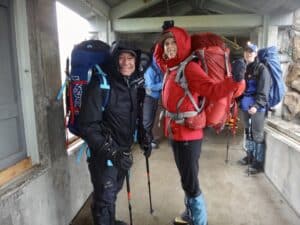
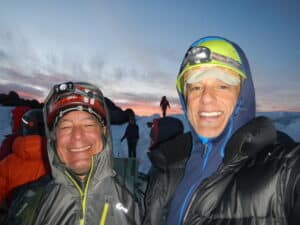
Mark Perry New President of the Board
We are proud to announce that Recovery Beyond Board member, Mark Perry, is now the President of the Board. Mark has been dedicated to Recovery Beyond since 2020 and has been instrumental in supporting the organization by acting as Interim Executive Director in 2021 and holding the position of Treasurer on the Board.
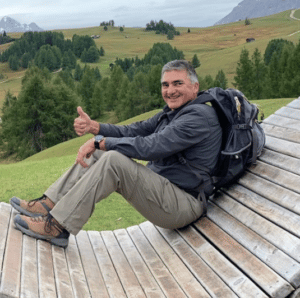
Mark Perry has over 35 years of experience in sales, marketing, and general management that covers a broad range of roles in the Information Technology (IT) industry, most recently at Microsoft where he served an illustrious 25-year career. He enjoys being outside hiking, cycling, and fishing. He works closely with Washington Trails Association (WTA) on trail maintenance teams and is an advocate for increasing access to the outdoors.
Mark has several philanthropic interests where he contributes his time, talents, and financial support. He contributes to Medical Teams International (MTI), Seattle Union Gospel Church, Acres of Diamonds, and Sophia Way. Mark has always had a strong interest in giving back, utilizing his career and personal experiences to help those in need and uplift local communities. He believes philanthropy is the love of mankind.
Introducing the 2022 Board of Directors
Mark Perry – President and Interim Treasurer
Brad Halbach – Vice President
Marcia Hansen – Secretary
Britany Ferrell – Board Member
Read more about our Board of Directors here.
0 -
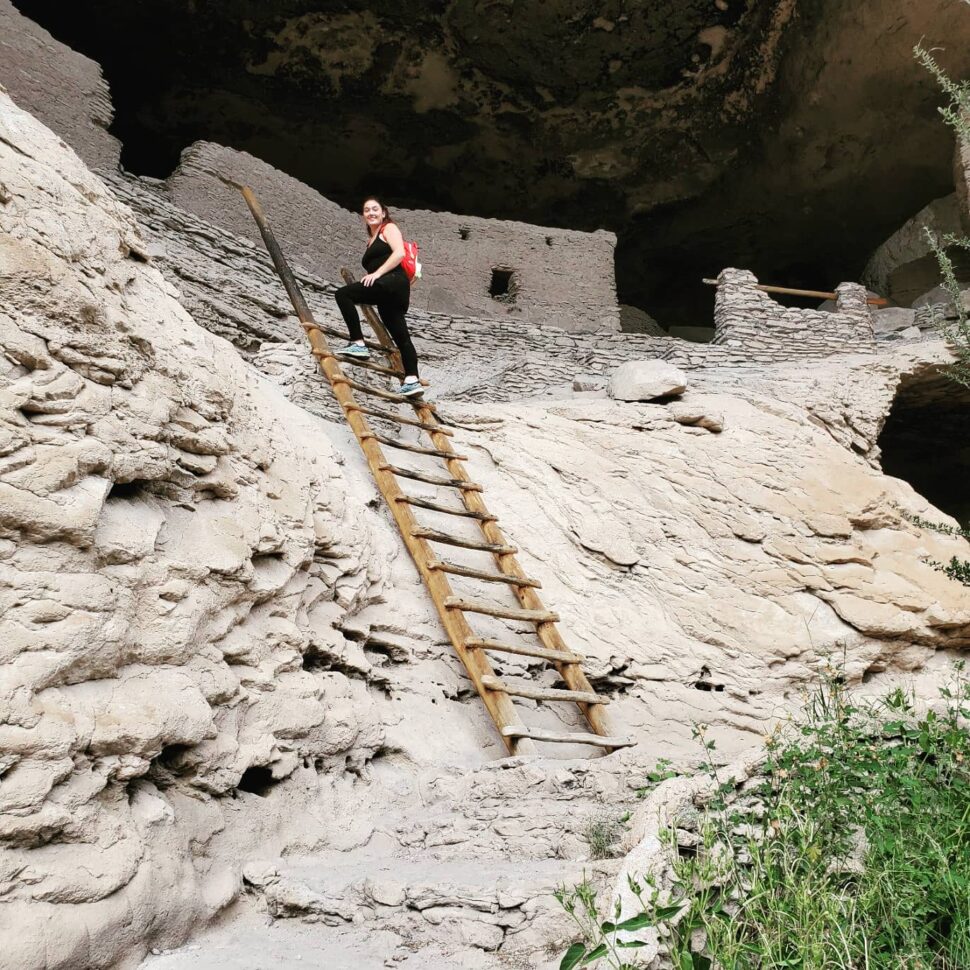
Say Hello To Our Activity Programs Coordinator, Elisa!
Recovery Beyond is excited to welcome Elisa to the team as our Activity Programs Coordinator. Elisa will be our boots on the ground, interacting and managing Participants, Peer Leads, and activities. She says, “I am very excited at this new opportunity for my life. I originally got involved with recovery coaching because I am a trauma survivor. It took me a really long time to officially admit that. Once I was able to fully accept that I was a trauma survivor, it inspired me to help others that have also endured severe trauma. I found that engaging in nature and other activities helped me in my recovery tremendously so I began creating groups and activities for my clients as well. I am really excited to get back into it and join this amazing group of people.”
Before joining Recovery Beyond, Elisa was a District Manager for 2 years for Healthcare Services Group specializing in Environmental Services and a Program Manager for DDA Residents in Pierce County. She worked with and supported many of the youth in Pierce County to work toward sobriety, graduating high school, finding housing, getting jobs, finding their own meaning of being in recovery, and learning how to change and correct the future they believed they were given. Elisa was also a youth advocate for youth being released from juvenile detention centers as well as a seat at the table for the Tacoma Gang Project.
We asked Elisa to share a bit more about herself, read her answers below!
Why are you interested in Recovery Beyond?
I am interested in Recovery Beyond because I love the program and the company’s mission. I used to be a recovery coach for youth struggling with SUD about 3 years ago and I loved that job so much. After accepting a different job, I began to miss it so much. So I am very happy to back in this field, helping others and engaging in so many different activities.
What are you looking forward to in this role?
In this role, I am looking forward to helping others, coordinating events and activities, engaging in the super fun activities, building my education and skills with peer support, and working with my new wonderful teammates!
What hobbies/outdoor activities do you enjoy?
I love to Hike, Rock climb, and anything to do with Water. My biggest passion is Colorguard. Colorguard is where you spin rifles, flags, and sabers while incorporating dance. I performed for about 11 years and now I coach at BLHS. I have been coaching for 6 years now.
-

Recovery Beyond Welcomes Peer Support Supervisor To The Team!
Recovery Beyond is thrilled to welcome Tawnia Nelson as our Peer Support Supervisor. Tawnia Nelson has been a Certified Peer Counselor for over 7 years. She focused on the reduction of disproportionate costs and emphasized on improved health outcomes by increased community coordination and reducing major gaps in services. .
She joined We Care Daily Clinics in 2020 and began working on the daunting task of building a peer program in a Medicated Treatment Facility. Aligned with the experiential knowledge and education she began studying the census and the needs of the population. She focused her attention over each departments interworking’s and dynamics. Tawnia also felt the importance of recovering gaps of knowledge and maturity as a supportive approach to education. Through her lived experience she created a 52-unit curriculum with 9 fields of study. The classes quickly developed into a university style learning experience with unit completion and certification and curriculum graduation.
Over the course of her life, Tawnia learned that her spontaneity and creativity led her to some of the most exciting adventures from hiking, white water rafting, to program development. Which was clear when she found Recovery Beyond. She is excited to be apart of building a program that is forever going to change the future of recovery and create an environment of hope through action.
We asked Tawnia to share a bit more about herself. Read more about her below!
Why are you interested in Recovery Beyond?
I am interested in the reality of recovery getting to the next level, creating a vision of community, togetherness, and compassion. Living and creating a new lifestyle with adventure and community.
What are you looking forward to in this role?
I am looking forward to seeing the smiles that come from creating a sustainable lifestyle. I love that moment when you look into someone’s eyes, and you see their realization that there is life in recovery. That aha-moment of knowing although recovery is a choice, if given the right compass life can be its own unbelievable adventure.
What hobbies/outdoor activities do you enjoy?
I love to take long drives into nature filled areas, wander down trails and find paths to explore, you can
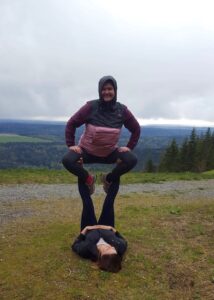
find your best treasures and gemstones along the way. As a family we have found the most exciting adventures come when you have no plans or expectations. Our favorite getaway is Whidbey Island. We love to hike near Deception Pass early in the
morning, spend our afternoon rock collecting along the beach and finding a group sized hammock to watch the leaves dance about the air. Of course, there’s always ice cream and more beaches to comb. We grab a bite to eat and find ourselves in a formidable game of monopoly as we are tucked away in the corner of some random market. We always cap our day playing at the arcade and going to the drive in.
I also enjoy camping, hiking, and doing acro-yoga. Acro-yoga is both exhilarating and empowering. Though I admit my absolute favorite hobby is finding a basketball court in any place we discover and pretending to play basketball as my daughter tries her very best to let me score some points.
Anything else you’d like to add!
Back to Rock Tumbling and Rock Hounding, I know it’s an unusual hobby, but it is so exciting. When I was early in my recovery I was often fidgeting, nervous, and shaken. I would go places and invite the most distasteful stares and stigma. I needed to find a way to harness all that energy into something that was a grounding point. One day I found a random rock laying around and I scooped it up into my pocket. I later found myself fiddling with this glorious rock and the fidgeting became isolated, it stopped the stares, and it gave me freedom from the stigma. I loved the feeling of being able to anchor all the energy I felt into something. As I have grown through my experiences, I have found multiple layers of grounding, but this one has always been at the forefront of my heart.
Author archive for Jess Villarreal
Recovery Beyond > Articles by: Jess Villarreal

